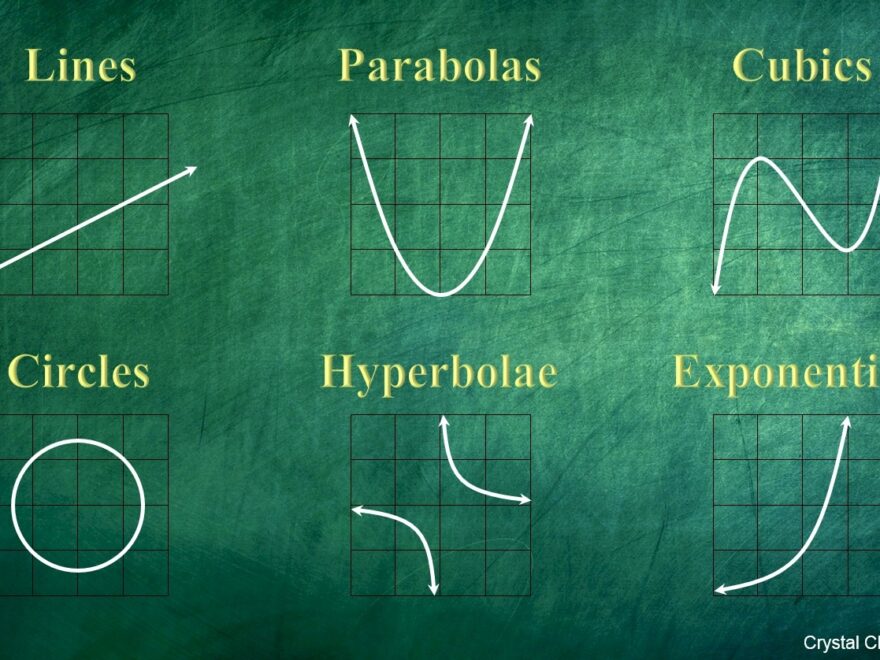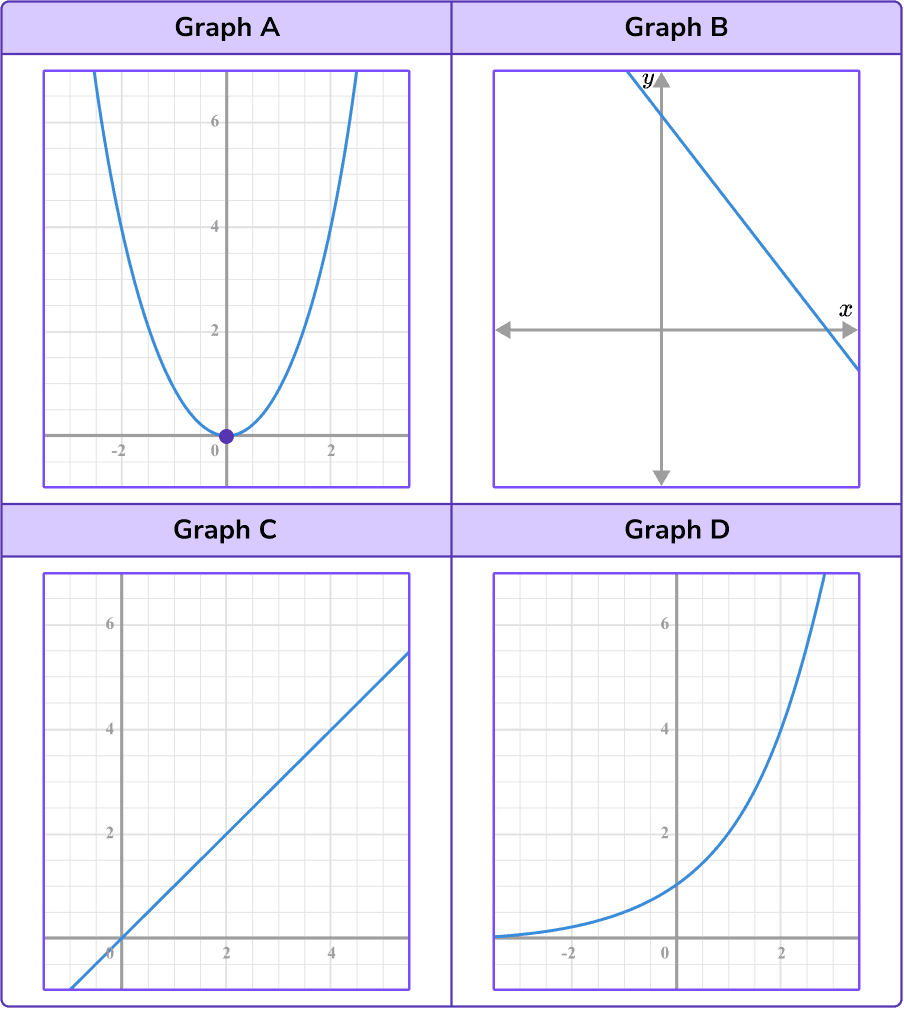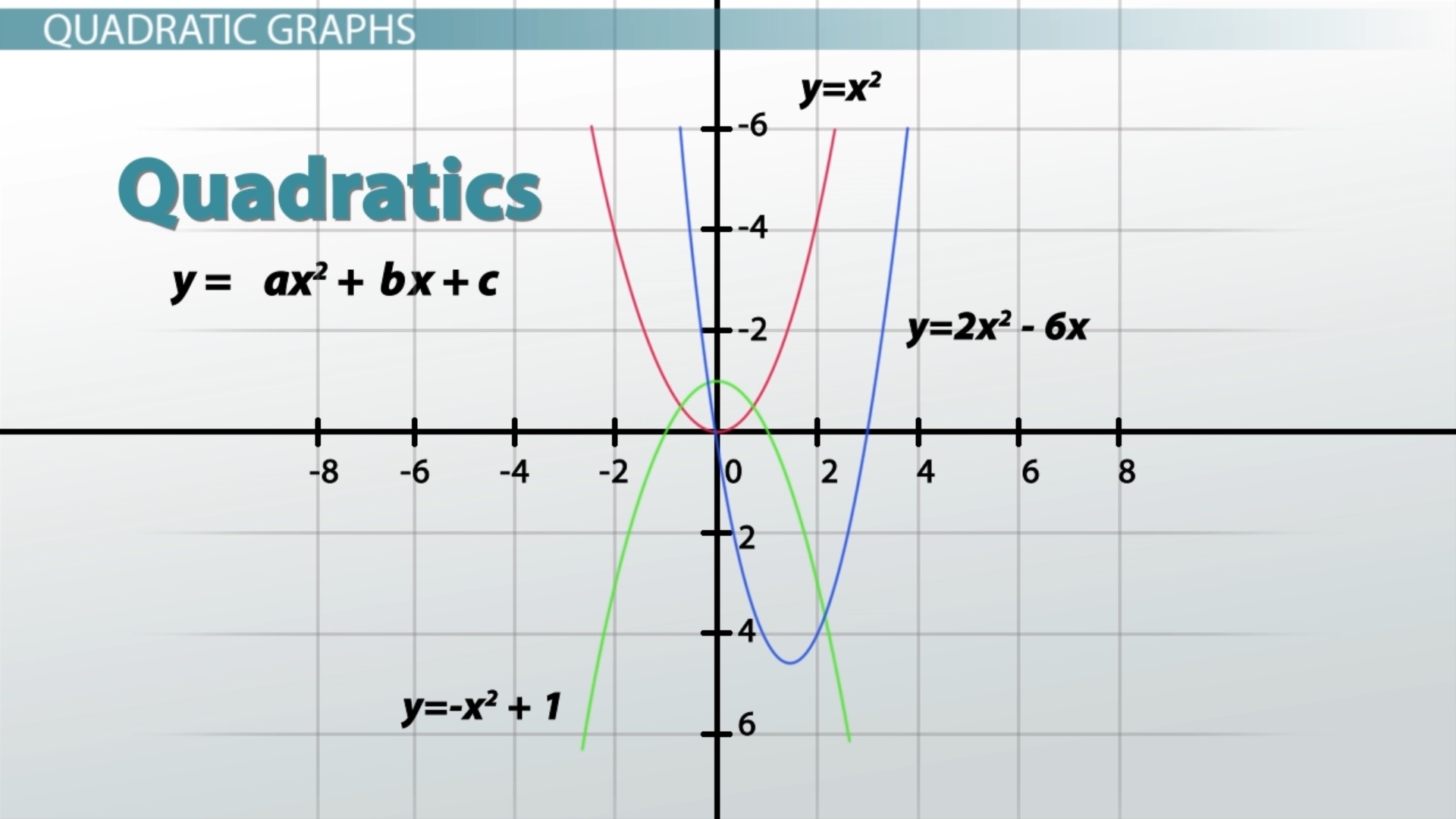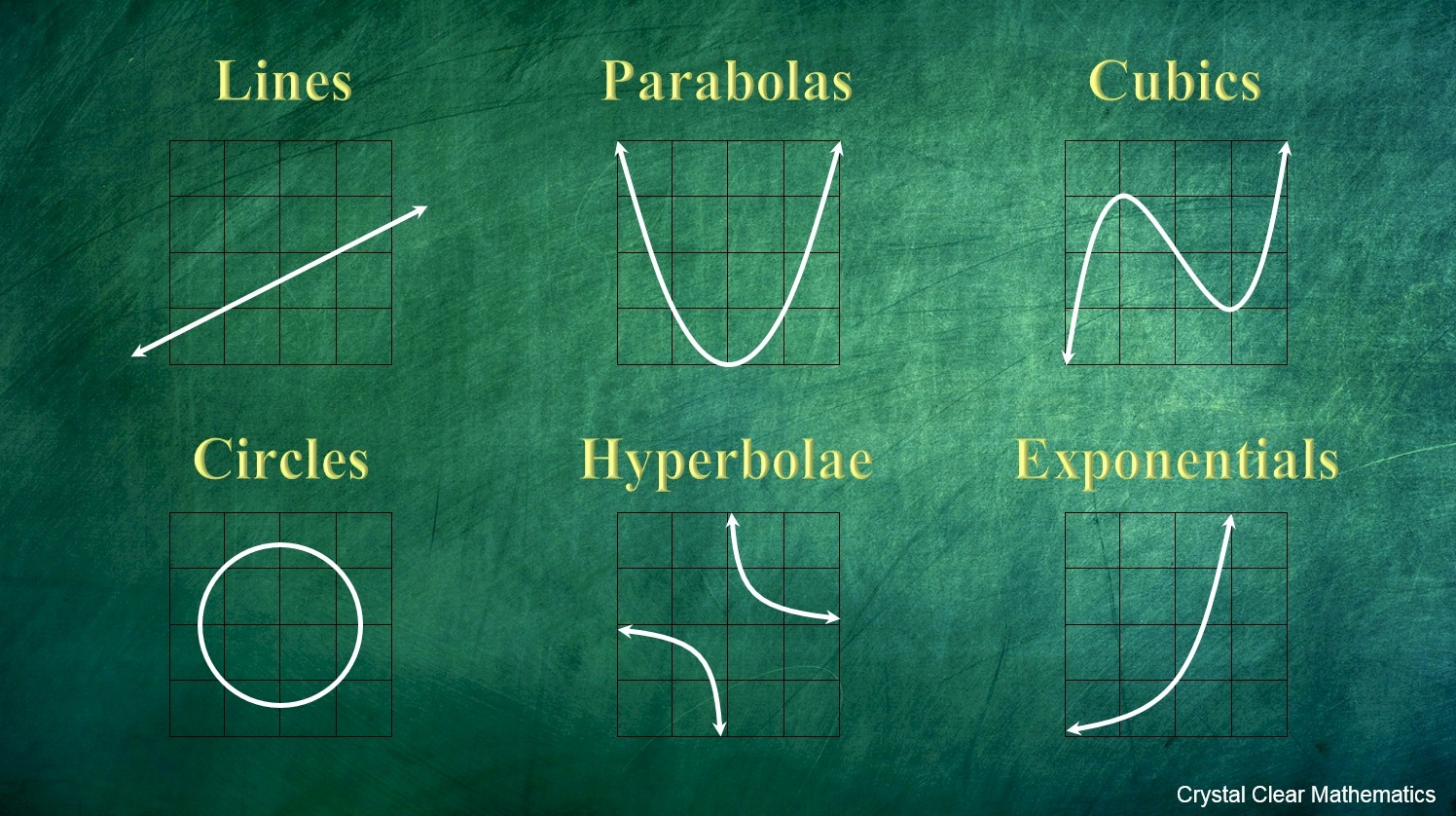Graph lines in math are essential for visualizing relationships between variables. Understanding the different types of graph lines can help you interpret data more accurately and make informed decisions. Let’s delve into the various types of graph lines in mathematics.
When it comes to graph lines in math, there are several types you may encounter. Some common types include linear, quadratic, exponential, and logarithmic graph lines. Each type has its unique characteristics and can represent different mathematical functions.
Types Of Graph Lines Math
Types Of Graph Lines Math
Linear graph lines are straight lines that represent a constant rate of change between two variables. Quadratic graph lines form a parabola and are used to model relationships where one variable depends on the square of another variable.
Exponential graph lines grow or decay rapidly and are commonly used to represent exponential growth or decay processes. Logarithmic graph lines are the inverse of exponential functions and are used to represent relationships where one variable depends on the logarithm of another variable.
Understanding the different types of graph lines in math can help you analyze data more effectively and draw meaningful conclusions. Whether you are studying algebra, calculus, or any other branch of mathematics, graph lines play a crucial role in visualizing mathematical relationships.
Next time you encounter a graph line in math, take a moment to identify its type and understand the underlying function it represents. By mastering the different types of graph lines, you can strengthen your mathematical skills and become more proficient in interpreting graphs and making informed decisions based on data.
Function Graphs Types Equations Examples Video Study
Basic Graph Types Crystal Clear Mathematics



